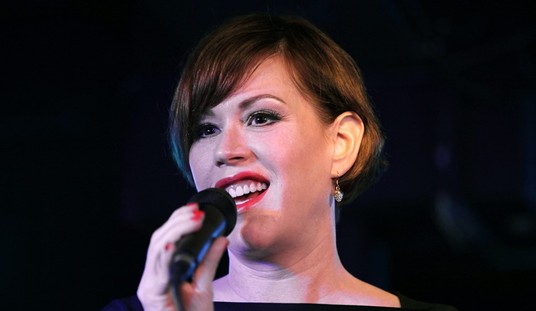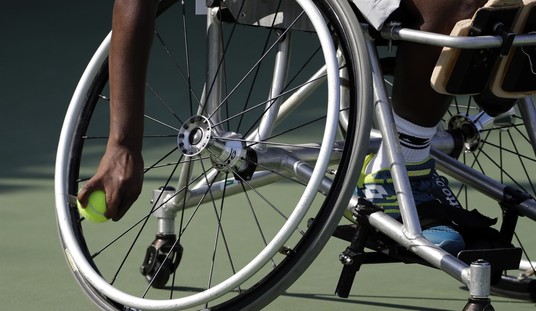Today’s the one-year anniversary of the Gulf oil spill, and here’s my question: so, if scientists couldn’t even foresee the effects of the oil spill on the Gulf, how are they going to figure out what’s going on with climate change?
Actually, although the above-linked Time article ignores it, there were a few lonely voices saying fairly early on that the spill would naturally repair itself. One of them, interestingly enough, was that of none other than Rush Limbaugh (not a scientist, nor does he play one on radio). Another was British geologist Michael Welland, who even managed to specifically mention the oil-eating bacteria in a post that bears full reading, entitled “Alcanivorax borkumensis – oil-eating bacteria, where are you?”
Welland is careful to differentiate himself from the hated Limbaugh, lest he be tarred with the same brush. He writes in a disclaimer [emphasis mine]:
Given that there are hundreds of natural oil seeps in the northern Gulf, spewing out an estimated 70,000 tonnes (roughly equivalent to 20 million US gallons) of oil every year, why do we not see a more oil-polluted Gulf in normal circumstances? One big reason is the natural activity of bacteria like Alcanivorax borkumensis. No, I’m not supporting Rush Limbaugh and his demented and twisted interpretation of facts, but one fact is that natural processes can help in the kind of catastrophe we are facing. But those natural processes don’t have the critical mass to deal with events on this scale – they need help.
Apparently, although Welland was one of the few who was correct about the oil-eating bacteria, he was wrong about that last point—it turns out they didn’t need help.








Join the conversation as a VIP Member